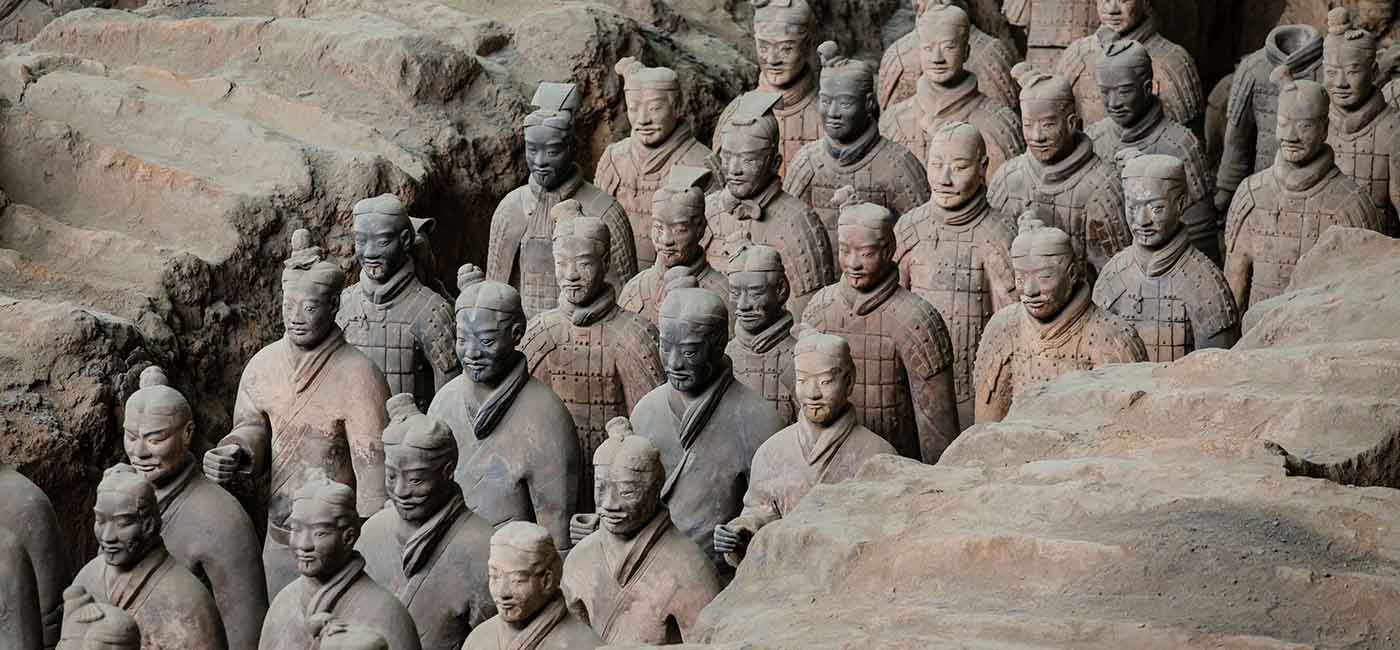The Byzantine Empire persisted until the fall of its capital of Constantinople to the Ottoman Empire in 1453, which some scholars use to mark the end of the Middle Ages and the beginning of the early modern period. This was a time when feudalism was replaced by emergent nation-states and ideas of nationalism. Early forms of capitalism developed. Protestantism emerged out of efforts to reform the Catholic Church starting in 1517, and a century of ensuing religious wars would cost hundreds of thousands of lives. Replacing the dominance of the Catholic Church, a new focus on science and discovery swept through the European intellectual community.
The Renaissance, an intellectual and cultural movement inspired by ancient Greek and Roman ideals concerning art, beauty, and philosophy, spread across much of Europe, starting in Italy at the beginning of the fourteenth century. This was a time period of astonishing cultural achievement that gave birth to the works of William Shakespeare and the art of Leonardo Da Vinci.
In the seventeenth and eighteenth centuries, the Renaissance would give way to the Age of Reason, also known as the Enlightenment. Technological developments such as moveable-type printing presses, allowed for the greater dissemination of knowledge as books became more available. This development, in turn, promoted a general thirst for knowledge and a belief in the power of science and reason.
Exposure to new cultures made possible by what became known as the Age of Discovery in the sixteenth century also promoted new ideas as European explorers and traders came into contact with cultures in Asia, Africa, and the Americas. This era of exploration had a dark side; mercantilism, the dominant economic theory of the early modern period, demanded that national policies be set according to considerations of international trade. In the pursuit of wealth, many wars were fought, and brutal policies—chief among them the slave trade in Africa and the genocide of the indigenous populations of the Americas—were endorsed and subsidized by European governments.
The Age of Reason sparked revolutionary ideas, and the monarchies of Europe came under criticism in the eighteenth and nineteenth centuries. This criticism grew into revolution, most notably in France, where the French Revolution (1789–1799) successfully abolished the monarchy and founded a new government based on principles of rationalism and reason. Although the bloodshed that accompanied the French Revolution served as a cautionary tale, the ideals of the revolution would inspire revolutions elsewhere; in 1848 nearly every major nation in Europe was swept by popular uprisings demanding an end to monarchy, although these movements were quickly suppressed.
Starting in the mid-eighteenth century, the Industrial Revolution fueled a transition from agriculture to manufacturing, from rural population to urban. An unprecedented period of economic and population growth followed. Capitalism became the dominant economic system of the Western world and catapulted the countries of western Europe—particularly Great Britain—into global superpowers. Britain’s colonial holdings established a vast empire.
During the twentieth century, Europe was the focal point of two world wars: World War I (1914–1918) and World War II (1939–1945). Both wars resulted in the deaths of millions of Europeans and mass destruction of cities and infrastructure. In the post-1945 world, Europe was ideologically divided into Western Europe, organized according to democratic principles and based on capitalism, and Eastern Europe, which was governed by the Soviet Union according to the Communist principles that had been established following the Russian Revolution of 1917. German history was significantly affected as the country was divided into West Germany, aligning with capitalism and democracy, and East Germany, aligning with Communism. While never erupting into open war, the hostility between the Soviet Union and Western nations (along with their close ally the United States) was known as the Cold War; it persisted until the dissolution of the Soviet Union in 1991.
The nations of Western Europe began to closely align their trade and political connections after World War II, culminating in the creation of the European Union in 1993. The unity of the members of this political and economic entity was challenged by the 2008–2009 global financial crisis, which required the financial bail-out of several European countries, as well as by the massive influx of refugees fleeing violence in the Middle East and Africa starting in 2015. Great Britain's exit from the European Union in 2020, known as Brexit, also challenged expectations for seamless trade and diplomacy across the continent for Union members.

